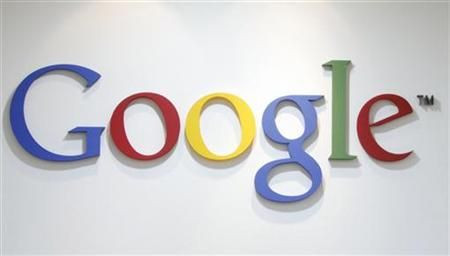Google accused of rigging search results; will face $418-million lawsuit

1plusV, French counterpart of Google's search engine, along with three other internet companies, has accused Google of exploiting its dominant market position to give preferential treatment to its own services while demoting rival sites.
The three other complainants against Google are Microsoft Corp, British price comparison site Foundem, and Microsoft-owned German price comparison site Ciao.
Google allegedly prevented 1plusV, which runs the Ejustice.fr legal website and search engine, from developing specialized vertical search engines and hindered the company from generating business and advertising. The lawsuit is for lost and future profits, said 1plusV.
The company filed the claim with the Paris Commercial Court on Tuesday, said a Reuters report.
Between 2007 and 2010, no less than 30 vertical search engines created by 1plusV were blacklisted, some of which showed significant business potential, said 1plusV claim.
1plusV alleged that Google is repressing rivals through its policy of tying its Adsense advertising service to its own search engine. Advertisers are allowed to buy keywords through Google Adsense for producing commercial links along with search results whenever a user search with that particular keyword. Rival search engines who want to access vital clients and revenue were thus forced to adopt Google technology, it says.
If that company were to win, it will set a very negative precedent for Google, BGC Partners analyst Colin Gillis was quoted by Reuters. If it becomes a trend where it's not just government penalties but lost profits from competitors, that adds up quick.
Apparently the lawsuit filed now is only the tip of the iceberg. According to Thomas Vinje, a partner at law firm Clifford Chance, the claim could be just the first of a series, Reuters reported. Vinje has earlier led a coalition that won EU fines against Microsoft.
I would not be surprised if it encourages others to do the same, Reuters quoted Vinje. In general, it is becoming easier to obtain damages in competition cases across Europe than in the past.
Back in November 2010, an assistant professor at Harvard Business School, Ben Edelman, claimed that he found inconsistencies in the way Google treats certain search terms that match services the company provides, according to an IDG News Service report.
Any Google business that needs 'algorithmic' traffic can get it, free, in huge quantity, Edelman wrote. Meanwhile, entrepreneurs recognize and anticipate that Google may bury their results as it favors its own services -- blunting the incentive to build a business that competes with Google or competes with a service Google might plausibly develop.
Google has not issued a statement regarding the new lawsuit.
© Copyright IBTimes 2024. All rights reserved.




















